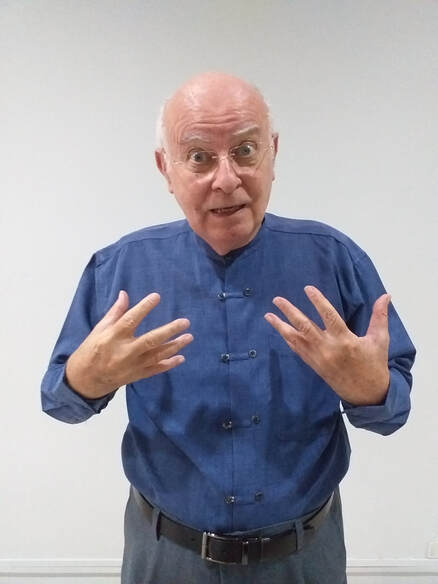|
WHITE PRIVILEGE has quickly become the most divisive topic on the Internet. Pastors have been attacked for attacking or even confessing their white privilege. Friends have been attacked on the Internet for taking sides.
I take it as my life’s work to build bridges of understanding. They get washed away, as a rule, by floods of torrential opinion, but I’m at it again. Here’s my take on my white privilege. The dictionary says “privilege” is “a special right, advantage, immunity.” My white privilege for most of my life in the USA has meant: 1. I haven’t been picked out or picked on because of being white. Whenever I was picked on, treated with suspicion, or pushed around it was not because I was white. 2. My being white has never been an issue in my job applications. 3. My being white has hardly ever been a disadvantage in circumstances where merely being of some other color would have had to have something positive to balance it. My white privilege in the USA has NOT meant that I got where I am without actual merit, accomplishment, and effort. It is a false dichotomy to say white privilege equals a “free ride” and then proudly deny we’ve ever been special or immune from hardship. I’ve never gotten a “free ride” at a carnival or anywhere. But I have been exempted from the unnecessary burden of explaining that my being white should not work against me. [It is this new need to explain being white that rankles those who are objecting to the reality of white privilege, I think. We didn’t used to have to do that.] On the other hand, I have learned about white privilege from experiences of it being over-ridden. Here are 4 examples: 1. When I traveled alone on public transportation in Black neighborhoods in Chicago at night as a seminary student I was keenly aware that being the only white guy on the L was why I was being noticed. 2. When I traveled in the USA with my spouse Pramote (whose appearance is distinctly not white) we were noticed, remarked upon, and subjected to the only unprovoked verbal abuse I have ever had in mid-America. 3. When I signaled solidarity with non-racist or anti-white-supremacist groups or movements my own race starkly became an issue. I was a civil rights marcher and had buttons and stickers to show for it. 4. When I moved to Asia being white could no longer be ignored. I am reminded of it every single day, most often by comments on my use of Thai language or ability to enjoy just about all types of Thai food. “Oh you can!” Always a note of surprise. It has been striking how different my surrounding environment becomes whenever I forgo my racial immunity that I took for granted as I was growing up and living in an overwhelmingly white world. There is a freedom that comes from blending in. There’s one less thing to worry about.
0 Comments
Leave a Reply. |
AuthorRev. Dr. Kenneth Dobson posts his weekly reflections on this blog. Archives
March 2024
Categories |
| Ken Dobson's Queer Ruminations from Thailand |
|

 RSS Feed
RSS Feed
